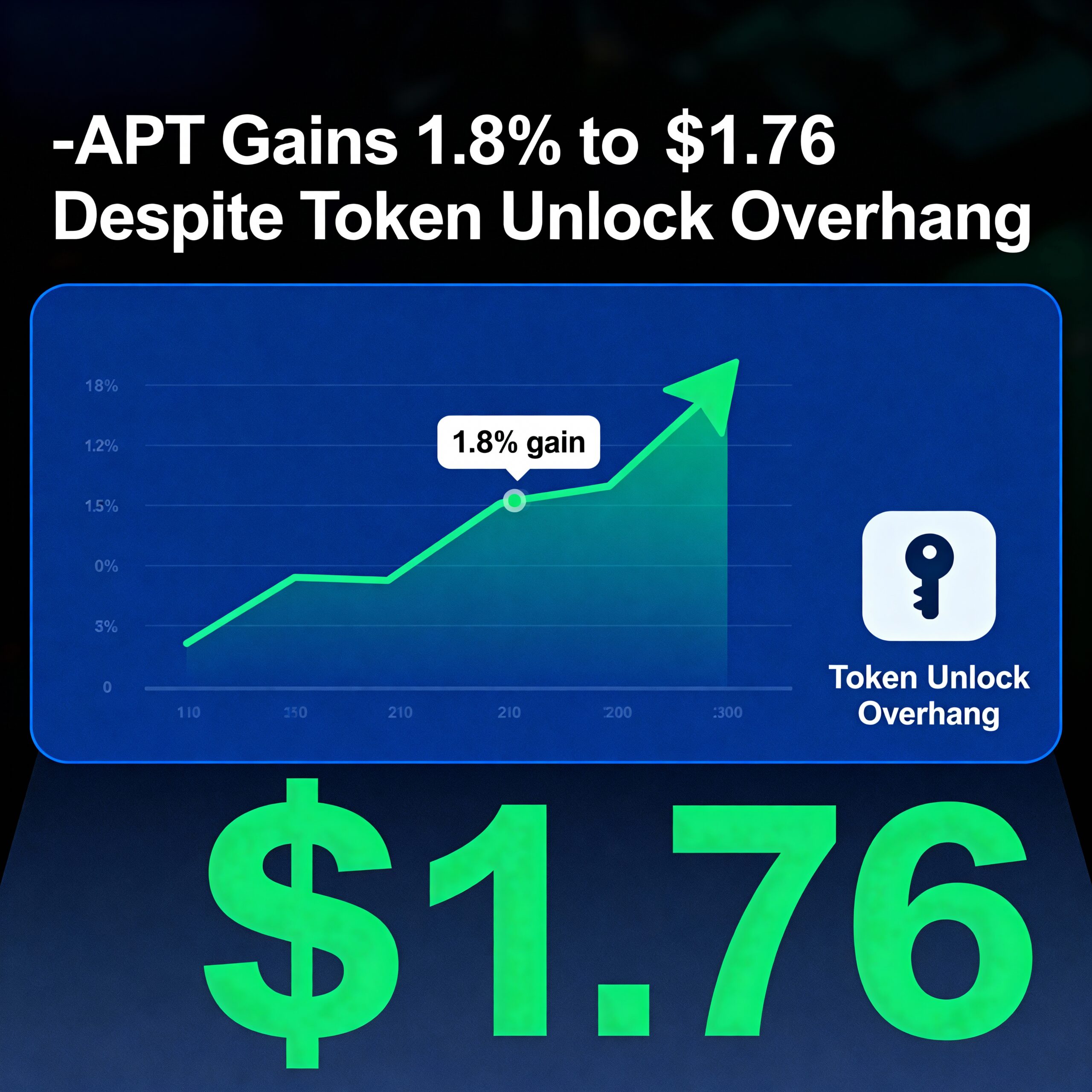
Tether CEO Paolo Ardoino has issued a strong rebuke of the European Union’s stablecoin framework, suggesting that new reserve requirements could unintentionally destabilize regional banks and place issuers at risk of insolvency.
In a recent interview on the Less Noise More Signal podcast, Ardoino pointed to the EU’s policy that would require stablecoin providers to hold up to 60% of their reserves in bank deposits—most of which fall outside meaningful deposit insurance thresholds.
“Imagine having to park €6 billion in banks that only guarantee €100,000 per account,” Ardoino said. “It’s like spitting on a fire. The risk-reward structure is fundamentally broken.”
He emphasized that, under fractional reserve systems, even minor redemption events could create liquidity stress that small or mid-sized banks might not withstand. This could, in turn, lead to the collapse of compliant stablecoin issuers through no fault of their own.
“If your bank fails due to mismanagement or a credit crunch, your stablecoin gets blamed,” he said. “The optics make it look like the technology failed—when it’s really the banking infrastructure behind it.”
Ardoino argued the policy benefits banks more than it safeguards consumers, effectively channeling crypto liquidity into traditional finance under conditions that increase exposure to credit risk. Large financial institutions often refuse to bank stablecoin providers, limiting their options and pushing them toward riskier partners.
Tether is continuing to expand its global reach, with a new U.S.-focused stablecoin offering in the pipeline, and recent investments in real-world assets including Latin American agriculture firm Adecoagro.























